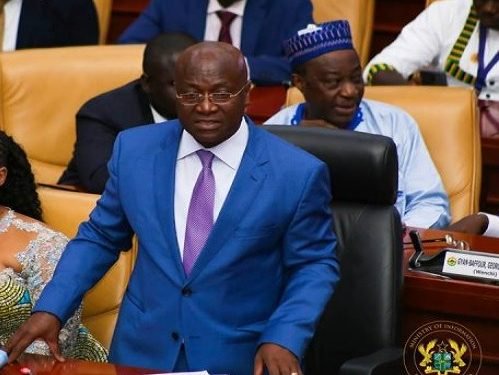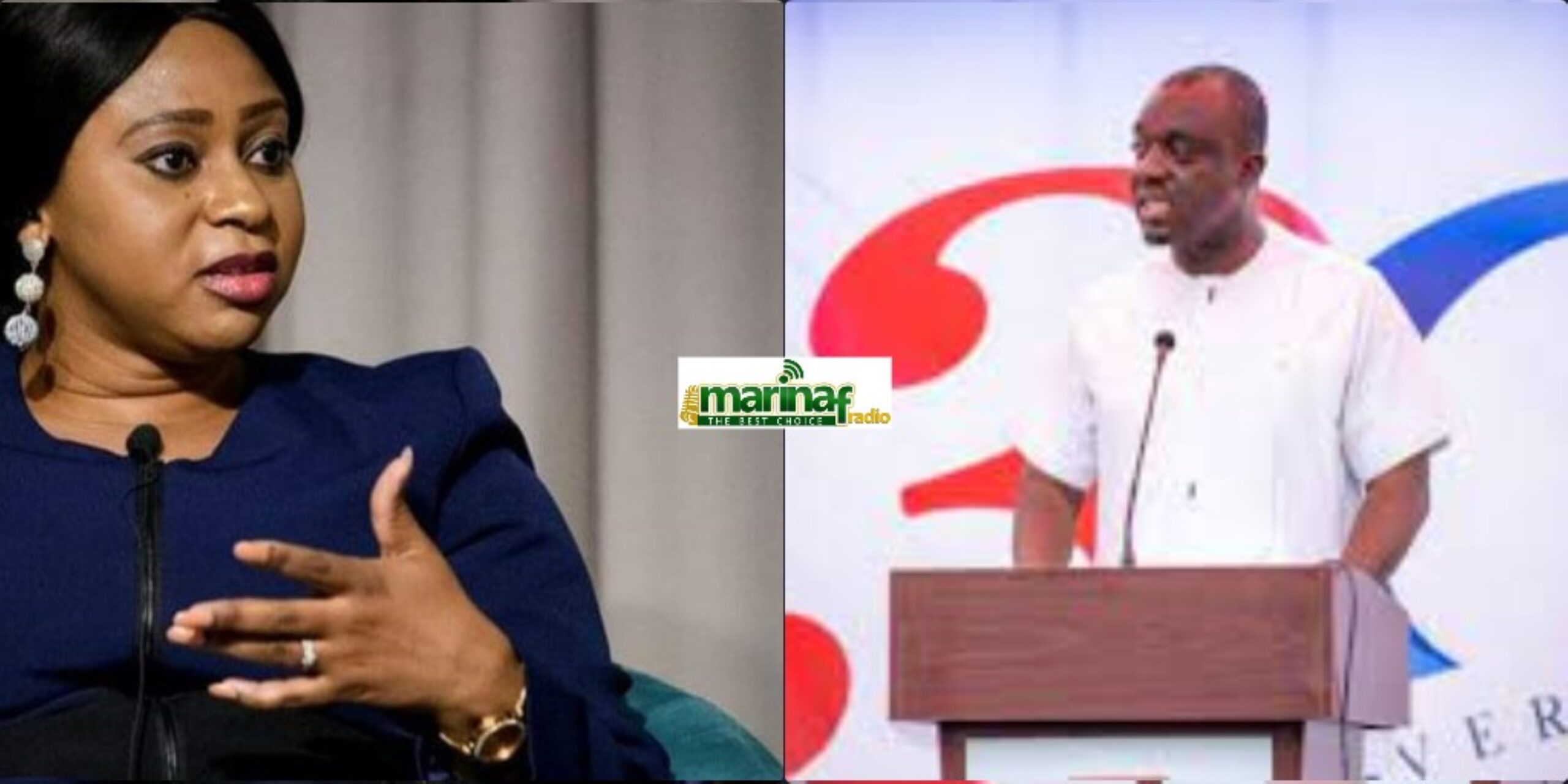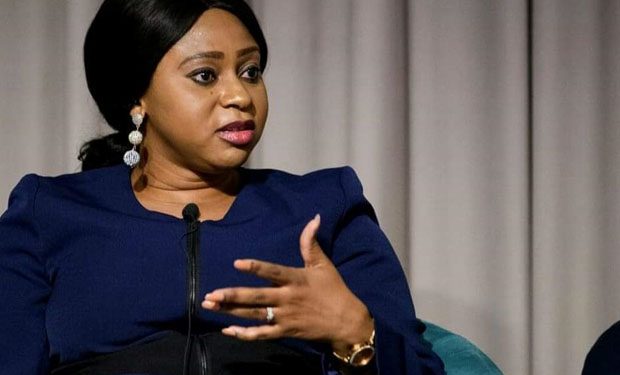
A recent survey conducted by Professor Smart Sarpong, an Associate Professor of Statistics and Director of Research and Innovation at Kumasi Technical University, has shed light on the political landscape leading up to Ghana’s 2024 presidential election.
The research findings unveiled intriguing insights into voter preferences and key issues influencing decision-making among Ghanaians as the election draws closer.
Key Findings From The Survey
The survey highlighted that candidates outside the two major parties, including Alan Kwadwo Kyerematen and Nana Kwame Bediako (Cheddar), collectively garnered a modest 3.6% in the polls, an indication that the two candidates and other smaller parties are not in the race cause any upset.
This suggests a diversified voter base in the upcoming election.
Notably, the Vice President and flagbearer of the New Patriotic Party (NPP), Dr. Mahamudu Bawumia, emerged as the front-runner with 38.9% preference among Ghanaians.
His popularity transcends that of his main rival, John Dramani Mahama, signaling a strong position for the NPP in the electoral race.
Regional Analysis
In terms of regional support, the survey indicated a nuanced distribution between the NPP and the NDC, with each party leading in different regions. The NPP is projected to dominate in seven regions, while the NDC is expected to lead in eight regions. The Western North region emerges as a pivotal swing factor in determining the overall outcome.
Despite the NDC’s wider regional lead, the concentration of voters in the regions favoring the NPP could significantly impact the final election results.
The survey also identified a considerable portion of undecided voters, especially in the Western region, highlighting the fluidity of voter preferences leading up to the election.
Decision-Making Factors
The survey delved into the factors influencing voter decisions, revealing that competence and track record are significant considerations for over 70% of Ghanaian voters. Party affiliation remains crucial for nearly one-fifth of prospective voters, highlighting the importance of party identity in shaping electoral outcomes.
Unemployment emerged as the top concern for Ghanaian voters, with the economy closely following as a critical issue.
Additionally, infrastructure challenges such as poor roads and water crises, alongside social issues like illegal mining and corruption, are pivotal concerns for many voters.
However, the survey also revealed a concerning trend where a small percentage of voters (3.7%) may be susceptible to financial inducements, underscoring potential vulnerabilities in the electoral process.
The survey, which polled 59,547 respondents across all regions, offers a comprehensive snapshot of voter sentiments and policy priorities as the nation gears up for the highly anticipated 2024 presidential election.
Source: Vincent Kubi




